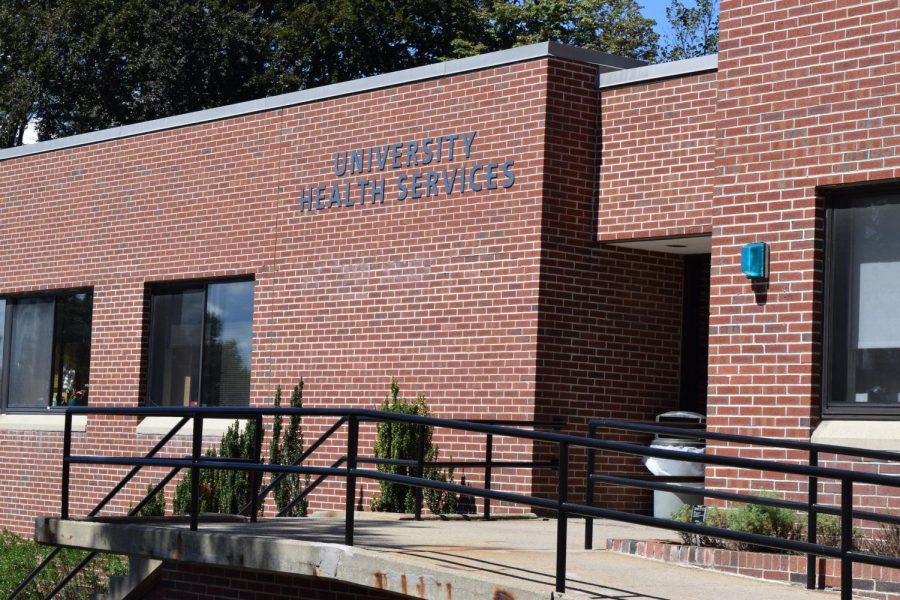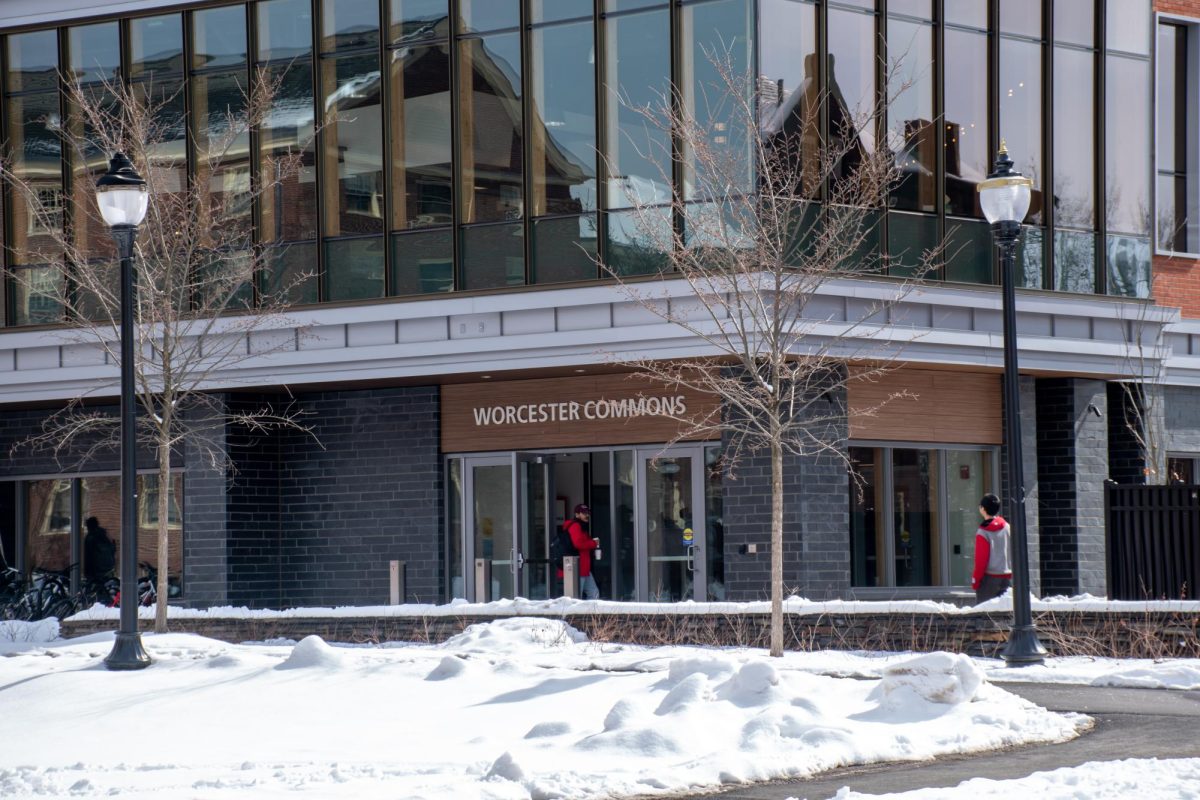The University of Massachusetts Student Health Benefit Plan has some important coverage for transgender students, but it also fails to cover certain surgeries that are often involved in transitioning.
The SHBP covers hormone therapy and “the most common gender-affirming surgical procedures,” according to UMass’ website.
What the plan does not cover is procedures that Wellfleet, the student healthcare provider, deems “cosmetic,” “such as facial feminization surgery, hair removal or electrolysis separate from what is needed for surgical procedures like vaginoplasty,” said Mary Dettloff, Deputy Director of News and Media Relations.
“I think everything should be covered, but that’s me,” said Transgender Nurse Liaison Cindy Hildebrand. “As much as we try and advocate for it, we can’t always affect change as much as we want to, other than to say ‘this really should be part of this because it has an impact on people’s feeling good about themselves and getting to the place they want to get to.’”
UMass also has care options for transgender students who are not on the student healthcare plan, but are interested in transitioning or are already in the transition process.
Any student who is considering transitioning will have an initial meeting with either University Health Services Staff Physician Ilana Levenson Schmitt or UHS Staff Physician Leora Cohen-McKeon.
“They’re the two that initiate hormone therapy or feel really comfortable with continuing hormone therapy for those who have got started somewhere else and are transfer students,” Hildebrand said.
At the initial meeting, the physicians will find out what results the student is looking for so they can decide how to move forward.
“Some people just want a small amount of hormone therapy, until maybe their voice changes some or they maybe start to have some breast development. Everybody is sort of different,” Hildebrand said.
The physician will usually do some baseline lab work for students who haven’t begun their transitionto make sure the student is okay to proceed with hormone therapy. Then, the physician will generally prescribe enough for six to eight weeks. “Then she’ll have them come back to follow-up and see how they’re feeling and see how things are going,” Hildebrand said.
After that first check in, students will come back to UHS after three to six months. Next, they check in after six months to a year. “Unless they have issues or concerns and want to come back sooner,” she said.
No gender affirming surgeries happen at UHS, but UMass physicians refer students to “local surgeons who perform gender-affirming surgeries,” according to UMass’ website.
Hildebrand will also work with the parents of students who are transitioning, per the student’s request. “It’s really tricky, because if parents are saying ‘I’m not going to pay for school,’ or ‘you can’t go to school if you do this,’ then, it’s really hard,” she said. “You have to try to be supportive around something that may be causing a lot of strife in their family.”
Hildebrand urges students considering transitioning to get in contact with UHS. “I always want people to feel comfortable calling. Or, if making that initial contact, it’s easier to email or text or just not speak. It’s whatever people feel comfortable with.”
Sophia Gardner can be reached at [email protected]. Follow her on Twitter @sophieegardnerr.




















